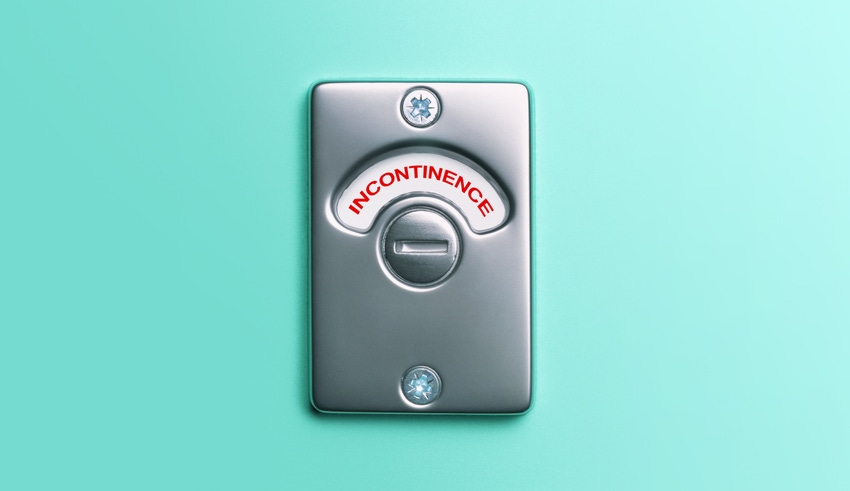Investigators will examine incontinence burden on women in developing countries to support equitable access to treatment like the company’s Leva System.

Axena Health, a women’s health medical device company focused on female pelvic health, recently announced a large-scale study to investigate urinary (UI) or fecal incontinence (FI) burden on women in low-and middle-income countries to support equitable global access to treatment. The study will examine the access for women in Nigeria and Kenya, within local healthcare delivery systems and acceptable cultural circumstances, of incontinence treatments including pelvic floor muscle training (PFMT), commonly known as Kegel exercises. Axena will then use the data to develop a treatment with its Leva Pelvic Health System to support access to treatment in developing countries.
“When it comes to incontinence, there is a need to generate community awareness that it is treatable and sensitization and training of health workers to increase screening, deliver conservative and surgical treatment, and provide adequate follow-up,” said Mohan Chandra Regmi, MBBS, MD, professor of obstetrics and gynecology, director of the Foundation for International Urogynecological Assistance Fellowship Program in Nepal, and chief policy advisor for the Government of Nepal. “The scope is simply huge.”
The World Health Organization identifies UI as a maternal morbidity and a health priority for aging women, and strongly recommend PFMT. Despite this and individual clinical direction, United States data suggests that as few as 25% of women with a pelvic floor disorder perform the treatment, and of that 25%, fewer than 25% perform the exercises adequately.
Beginning in the two African countries, investigators will gather feedback from women living with incontinence, their family members, and clinicians to gain insight on the impact of the condition on their daily lives, symptom management, and how they access treatment locally. The second phase of the study will include “formative and implementation research” and add additional countries in Africa and South Asia.
“Urinary incontinence is a global health problem,” said Jessica McKinney, DScPT, MS, vice president of clinical affairs and global health for Axena. “The physical, psychosocial, and economic burdens for women are significant and have been well documented primarily in high income countries. There is evidence in all settings that women’s livelihoods may be negatively impacted, and they may experience limited participation in family and community life. It is also true that UI is universally undertreated, and many women live with the health condition for the rest of their lives. Our intention with this study is to better understand and share women’s lived experiences with incontinence and direct actionable changes in awareness and treatment.”
Axena’s Leva technology, which will gain development information based on the study results, is a prescription digital therapeutic currently only available in the US that guides women through first-line treatment for both UI and FI to train and strengthen their pelvic floor muscles. Combining a small FDA-cleared vaginal motion sensor connected to a smartphone app, the device shows visualization of pelvic movement in real-time during PFMT, enables process tracking, and allows for active clinician involvement. “Recognizing that level-one evidence shows pelvic floor muscle training is most effective when performed under the supervision of a skilled healthcare provider, the Leva System is available by prescription only, allowing physicians the opportunity to treat UI and chronic FI on a broad scale and with continued involvement in patient success,” according to Axena.
Leva offers clinical data to support the efficacy of its system, including two studies published in Obstetrics and Gynecology (The Green Journal). Additionally, Cigna Healthcare issued a positive medical policy coverage decision for it.
“Female incontinence is a significant unmet health need for millions of women worldwide, and we believe we’re uniquely able to help,” said Eileen Maus, CEO of Axena. “We’re grateful to our funding partner, AXA IM Alts, which is committed to providing innovative solutions to global health challenges and supports our goal to provide a Leva solution that is commercially available and broadly accessible to women and their clinicians in low- and middle-income countries. Our hope is that this work will help strengthen health systems and build greater capacity for women’s healthcare with key partners in lower-resourced settings in and outside of the US.”
About the Author(s)
You May Also Like




